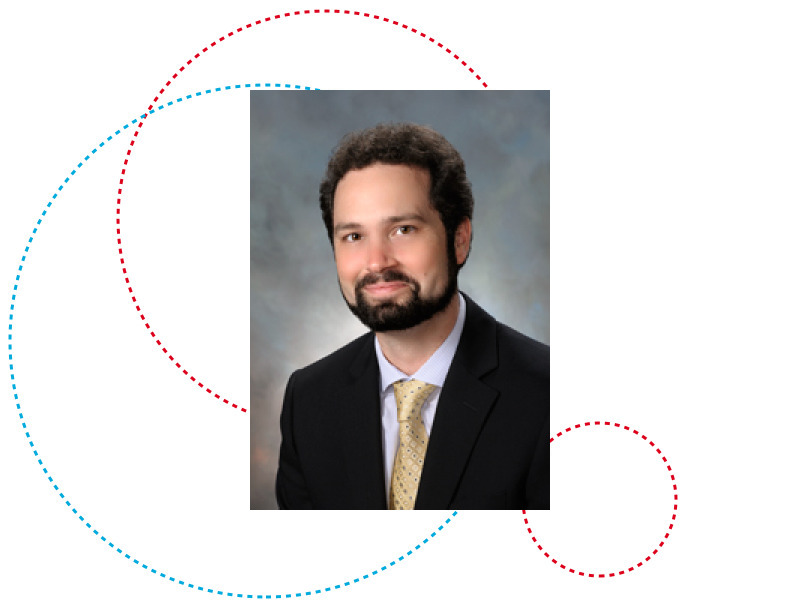Abstract
Elementary portfolio theory implies that environmentalists
optimally hold more shares of polluting firms than non environmentalists,
and that polluting firms are more highly valued and attract more investment than otherwise
identical firms that do not pollute. These results reflect the demand to hedge against states with high pollution,
which occur when dirty technology is more heavily and profitably utilized. Pigouvian taxation can reverse the
valuation and investment results, but environmentalists will still overweight polluters in their portfolios. We introduce
countervailing motives for environmentalists to underweight polluters, comparing the implications when environmentalists
coordinate to internalize pollution, or have nonpecuniary disutility from holding polluter stock. In the latter case, we
show that introducing a green derivative product may dramatically alter who invests most in polluters, but has no
impact on aggregate pollution.
*Co-author: Burton Hollifield – Carnegie Mellon University
Emilio Osambela – Board of Governors, fed. reserve System
